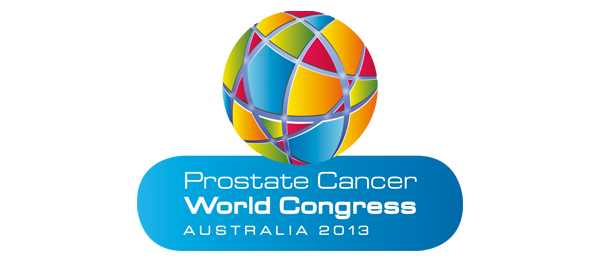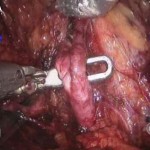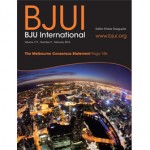Video: Why the Melbourne Statement?
The Melbourne Consensus Statement on the early detection of prostate cancer
Declan G. Murphy1,2,3, Thomas Ahlering4, William J. Catalona5, Helen Crowe2,3, Jane Crowe3, Noel Clarke10, Matthew Cooperberg6, David Gillatt11, Martin Gleave12, Stacy Loeb7, Monique Roobol14, Oliver Sartor8, Tom Pickles13, Addie Wootten3, Patrick C. Walsh9 and Anthony J. Costello2,3
1Peter MacCallum Cancer Centre, 2Royal Melbourne Hospital, University of Melbourne, 3Epworth Prostate Centre, Australian Prostate Cancer Research Centre, Epworth Healthcare Richmond, Melbourne, Vic., Australia, 4School of Medicine, University of California, Irvine, 5Northwestern University Feinberg School of Medicine, Chicago, IL, 6Helen Diller Family Comprehensive Cancer Centre, University of California, San Francisco, 7New York University, 8Tulane University School of Medicine, Tulane, 9The James Buchanan Brady Urological Institute, Johns Hopkins University, USA, 10The Christie Hospital, Manchester University, Manchester, 11Bristol Urological Institute, University of Bristol, Bristol, UK, 12The Vancouver Prostate Centre, 13BC Cancer Agency, University of British Columbia, Vancouver, Canada, and 14Erasmus University Medical Centre, Rotterdam, The Netherlands
• Various conflicting guidelines and recommendations about prostate cancer screening and early detection have left both clinicians and their patients quite confused. At the Prostate Cancer World Congress held in Melbourne in August 2013, a multidisciplinary group of the world’s leading experts in this area gathered together and generated this set of consensus statements to bring some clarity to this confusion.
• The five consensus statements provide clear guidance for clinicians counselling their patients about the early detection of prostate cancer.



